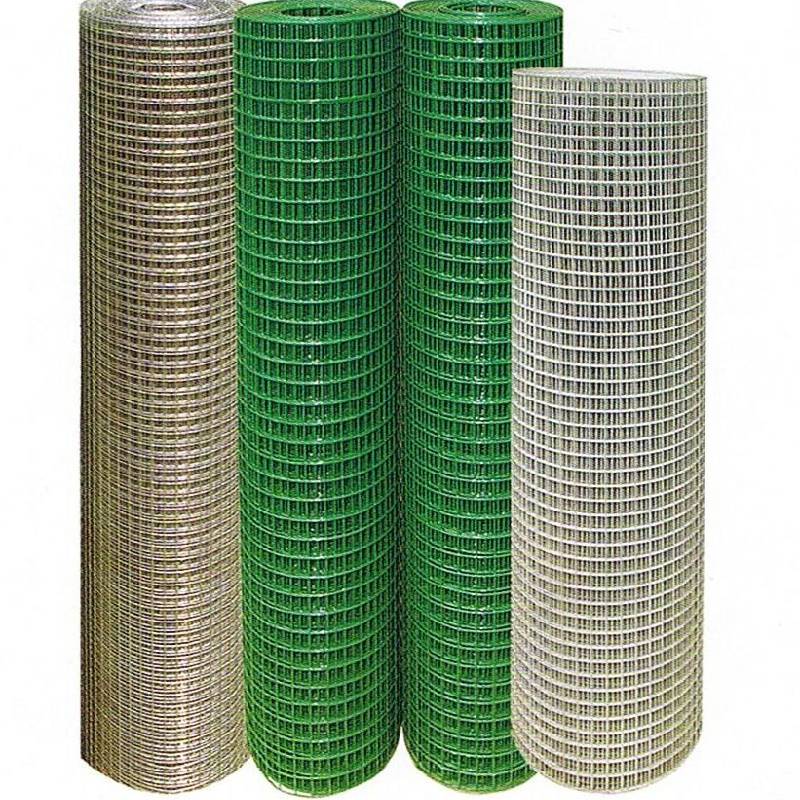
- Mobile Phone
- +8613931874955
- sales@cntcmetal.com
Durable Metal Wire Mesh Fencing Solutions for Enhanced Security and Versatile Applications
Understanding Metal Wire Mesh Fencing Benefits, Uses, and Installation
Metal wire mesh fencing is a versatile and durable solution for a wide range of applications, from securing residential properties to providing safety in industrial settings. Known for its strength, longevity, and low maintenance needs, this type of fencing has become increasingly popular among homeowners, businesses, and agricultural operations. In this article, we will explore the benefits, uses, and installation considerations of metal wire mesh fencing.
Benefits of Metal Wire Mesh Fencing
One of the primary benefits of metal wire mesh fencing is its strength and durability. Unlike wood or vinyl fences that may warp, crack, or deteriorate over time, metal wire fencing can withstand harsh weather conditions, pests, and wear and tear. Made from galvanized steel or other robust metals, these fences are resistant to rust and corrosion, ensuring a long lifespan with minimal upkeep.
Another advantage is the visibility that metal wire mesh provides. The open design of the mesh allows for unobstructed views, making it an ideal choice for areas where visibility is important, such as around gardens or in residential neighborhoods. This can enhance aesthetics while still providing a secure boundary.
Metal wire mesh fences also offer versatility in design and functionality. They come in various heights, mesh sizes, and gauges to accommodate different needs. For example, a homeowner may choose a lower gauge with smaller openings for a decorative garden fence, while a livestock farmer may require a higher gauge and larger mesh size for animal containment. This adaptability makes it suitable for various applications, including security fencing, garden borders, and enclosures for pets and livestock.
Uses of Metal Wire Mesh Fencing
metal wire mesh fencing

The applications of metal wire mesh fencing are numerous. In residential settings, it is commonly used to enclose backyards and gardens, providing a barrier that keeps pets and children safe while still allowing for visibility and airflow. In commercial areas, businesses utilize this fencing for security purposes, safeguarding properties from trespassers and vandalism.
Agricultural operations often rely on metal wire mesh fences to contain livestock and protect crops. These fences can be customized to meet the specific requirements of different animals, ensuring safety and reducing the risk of escape. Additionally, they can be used to protect gardens from wildlife, keeping unwanted animals at bay.
Industrial applications also benefit from metal wire mesh fencing. It is used to secure facilities, protect valuable equipment, and create safe zones for workers. In warehouses and factories, these fences can delineate areas, ensuring that only authorized personnel access sensitive zones.
Installation Considerations
When considering metal wire mesh fencing, proper installation is crucial for ensuring its effectiveness and longevity. Before installation, it's essential to assess the specific needs of your property, including the purpose of the fence, desired height, and gauge. Conducting a site survey will also help identify potential obstacles such as trees and uneven terrain.
The installation process generally involves setting up fence posts at regular intervals, stretching the mesh between them, and securing it tightly to ensure stability. Depending on the height and weight of the mesh, additional support might be necessary. While it is possible to install the fence as a DIY project, hiring professionals can ensure a secure and aesthetically pleasing installation.
In conclusion, metal wire mesh fencing is a robust, versatile, and cost-effective solution for various fencing needs. Its durability, visibility, and adaptability make it an excellent choice for residential, commercial, agricultural, and industrial applications. By understanding its benefits and installation requirements, property owners can make informed decisions that secure their spaces effectively.
share:
-
Your Source for Concrete Wall Ties and Masonry AccessoriesNewsJul.10,2025
-
Unlocking the Power of Iron Wire for Every ProjectNewsJul.10,2025
-
Explore Advanced Chain Wire and Stainless Steel Mesh FencingNewsJul.10,2025
-
Discover the Benefits of Annealed Wire ProductsNewsJul.10,2025
-
Discover China Stainless Steel Wire Mesh SolutionsNewsJul.10,2025
-
Build with Confidence Using High-Performance Masonry AccessoriesNewsJul.10,2025
-
Why Sacrificial Formwork Is Redefining Underground ConstructionNewsJun.06,2025



















